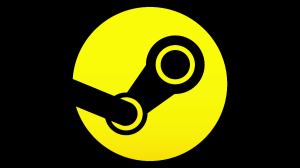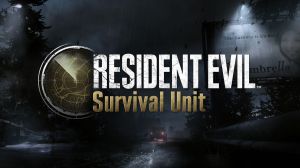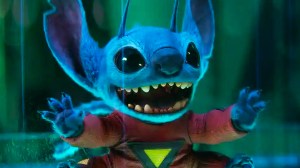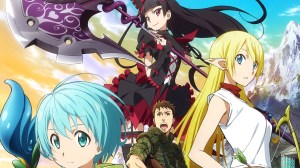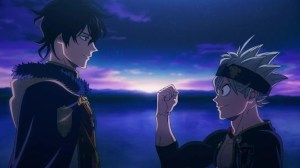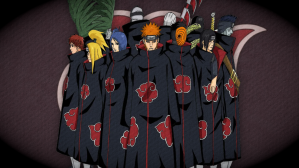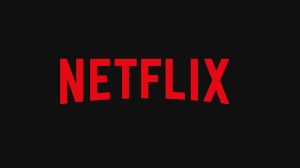
This week’s episodes of The Flash and Arrow have been marketed as a “crossover event”, a term with which most comics fans will be very familiar. It also makes for a nice point of comparison because the strengths and weaknesses of tonight’s episode of The Flash resemble those commonly cited in superhero event comics. The episode follows the two characters as they attempt to hunt down Roy G. Bivolo, an emotion controlling metahuman, and introduces their supporting casts to one another. However, the focus truly lies on the interactions between the two heroes and the big moments they produce.
Videos by ComicBook.com
Those big moments are a lot of fun. Grant Gustin and Stephen Amell share a natural rapport and it makes their friendship believable. Every scene in which Arrow is shown instructing or mentoring The Flash carries a natural warmth. Despite some violence and Amell’s growling, you believe these two are friends who care about one another. As the episode progresses and the “vs” section of the title comes into play, they naturally transfer into one of the most exciting action sequences on The Flash so far. The two series’ shared writers understand how to make both characters effective in combat and manage to make the fighting both believable and surprising.
Writers Greg Berlanti and Andrew Kreisberg show the excellent grasp they have on these characters as well. There is a distinct separation between the two shows with Arrow taking a significantly darker tact, while The Flash runs towards the light. They confront that disparity head on and even criticize some of their earlier work on Arrow. Rather than ignore the problems and differences in and between these two heroes, they delve into the drama that creates. It is an interesting look at both men, one that reveals a great deal about what makes them strong and weak.
As much fun as it is to see Gustin and Amell bounce off one another, it’s even more enjoyable to watch their supporting casts merge. They are the biggest draw to either show, staffed by likable characters with big personalities. Felicity’s guest appearance in “Going Rogue” provided a surge of energy to The Flash, so her return along with the introduction of Diggle makes for some fantastic moments. Diggle and Cisco’s bickering over which of their friends would win in a fight is a hilarious moment that also manages to reveal who these characters are. You can only hope that more chance encounters between the two support groups occur as both series evolve. They bring so much to the table.
Joe West provides the best response to Arrow’s appearance in Central City. Not only does he manage to provide sufficient exposition for viewers not familiar with Arrow, but raises real questions about how these two characters differ and the impact they may have on one another. His concerns about murder and torture are not unfounded and structure a conflict that is left largely unexplored. Martin’s performance is always defined by West’s primary concerns as a human being. Whether he is providing exposition or not, he is acting in service to the people he loves.
Eddie Thawne is given short shrift this time around though. A plot to pit him against The Flash is quickly introduced and barely developed. This would not have been so problematic if any of the ideas or passion he exhibits here had been established in previous episodes. Instead, Eddie is made to be a hothead and behaves out of character given what has come before in a bout of lazy writing.
There are ample examples of that in this episode. Halfway through the running time, the focus shifts from Bivolo to a new threat and never bothers to return to the original focus. Bivolo is forgotten both by the characters and writers until the very last minutes of the episode. It’s clear that he’s just a device used to reach the climactic sequence at the conclusion. This applies to a lot of the big moments in “Flash vs. Arrow”. The moments themselves are great, but the structure used to create them is shoddy. Many moments are repetitions of what has come before (Barry’s unbearable crush on Iris) and only manage to function because new elements are in play. As much fun as it is to see these characters interact and make jokes, the story that features them is hardly cohesive. This doesn’t apply to specific crossover moments like seeing Oliver’s ex in the coffee shop and the second-hand introduction of Captain Boomerang. Some loose threads are expected in a crossover, but much of what occurs in this episode is unnecessary or poorly connected.
“Flash vs. Arrow” is a fun episode of television and one that draws out the best elements from two very popular shows. There’s plenty of momentum to drive excitement for the second half in tomorrow night’s episode of Arrow. Yet the self-contained elements and plotting of this episode fail to function very well. The fun and drama is entirely derived from the relationship between Gustin and Amell along with the combination of their outstanding casts. In its best moments “Flash vs. Arrow” is the best the series has ever been, but its weighed down by other clunky elements.
Grade: B


